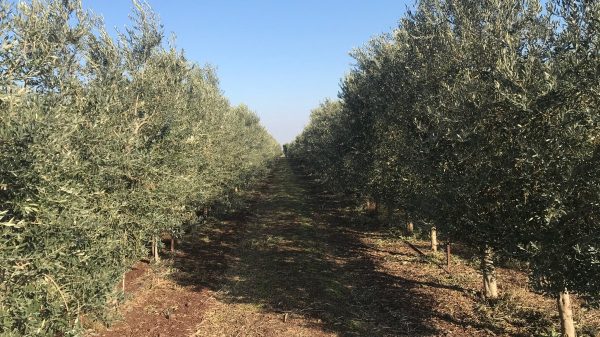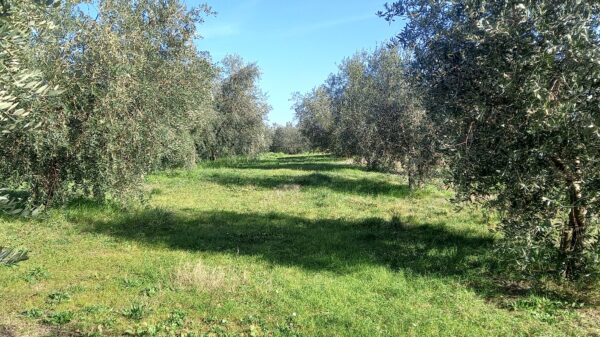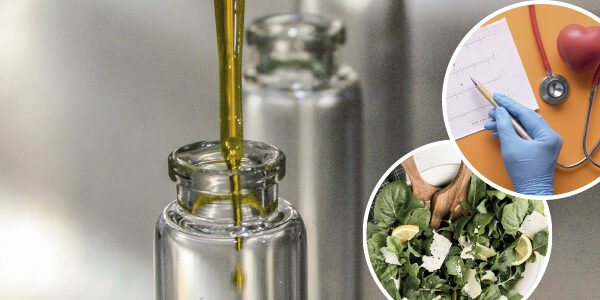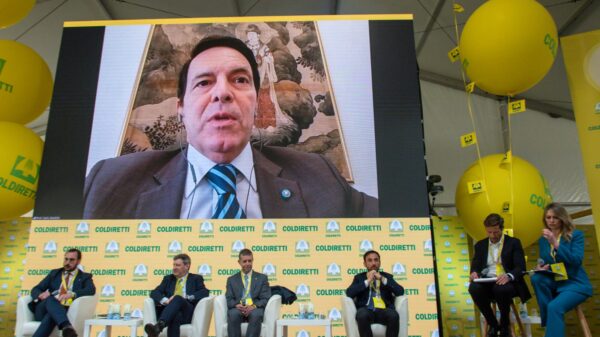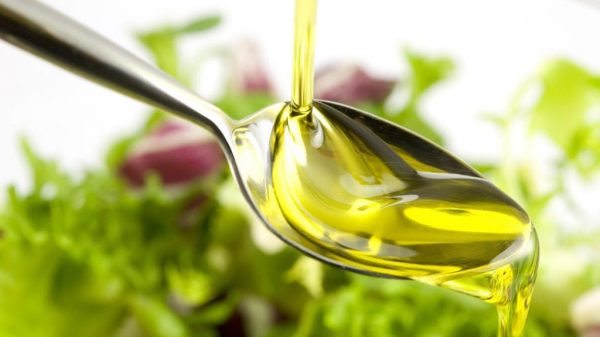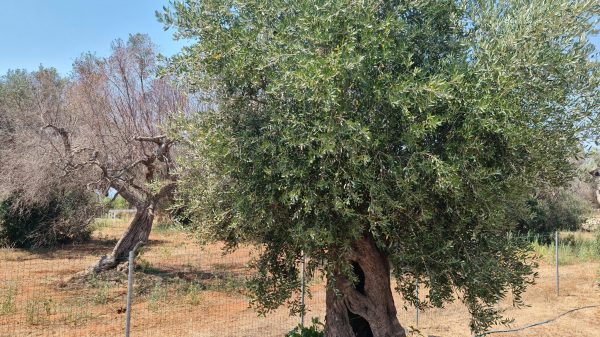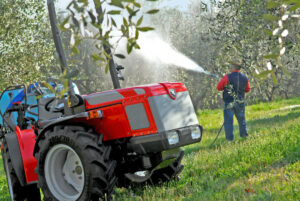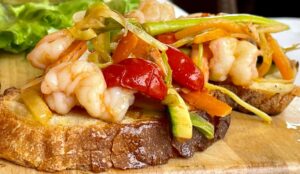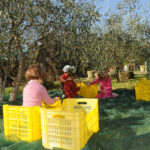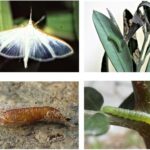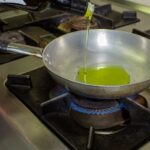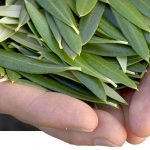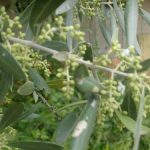The interview with prof. Tiziano Caruso on the interesting experience for an olive cultivation through an intensive system that respects biodiversity, sustainable and mechanized has aroused great interest among readers. Some of whom have made observations to which the Professor of Olive Growing at the Department of Agricultural and Food Sciences of the University of Palermo he gladly replied.
Here are some of them.
“In the context of Sicily, building new dry plants means devoting oneself to alternating production and low productivity, agronomic limitations that are difficult to sustain today from an economic point of view. The article dealt with cultivation models for the new olive growing, with low manpower requirements, which can also be mechanized in harvesting and with high and constant productivity. The protection and enhancement of traditional olive growing is a completely different topic, which must be addressed separately".
To read the interview with prof. Tiziano Caruso click , promising.
